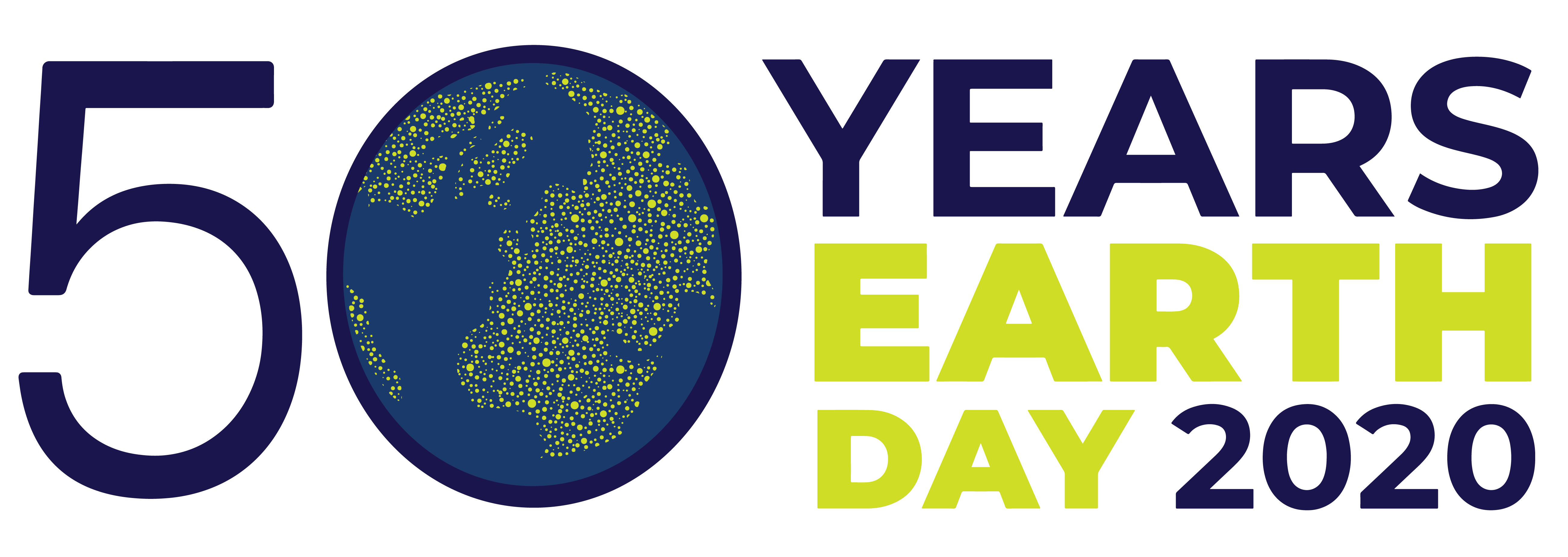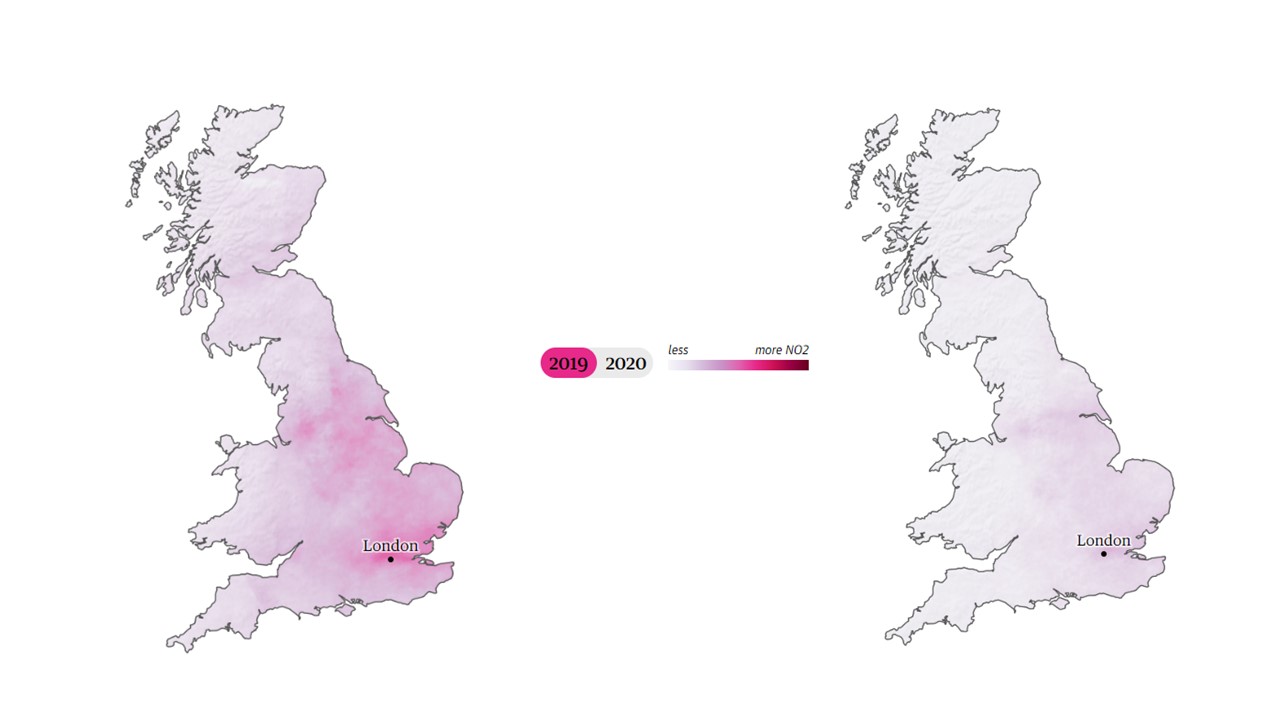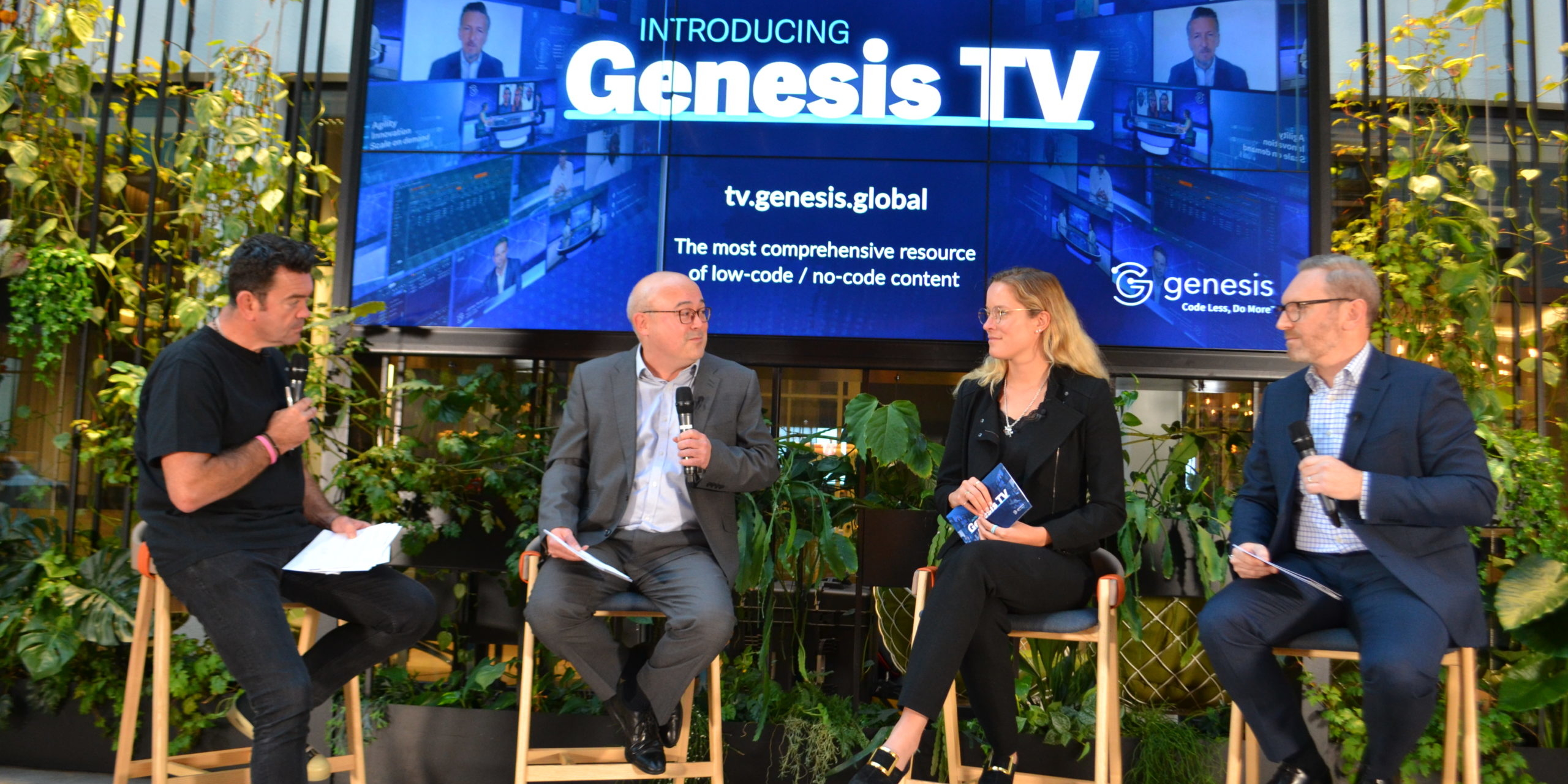Earth Day is an annual event celebrated around the world on April 22 to demonstrate support for environmental protection. First celebrated in 1970, it now includes events coordinated globally by the Earth Day Network in more than 193 countries. Earth Day celebrates it’s 50th Anniversary today!
Find out how you can help the planet and get involved in Earth Day 2020 here.
About Earth Day
Technically Earth’s first day started 4.54 billion years ago, when the planet was formed. We now celebrate Earth Day as an annual event around the world on April 22. It includes events coordinated globally by the Earth Day Network in more than 193 countries.
A publication by American natural history writer and conservationist, Rachel Carson, topped New York Times bestseller Silent Spring in 1962 – selling more than 500,000 copies in 24 countries. This raised public awareness and concern for living organisms and the environment – 8 years later, the first Earth Day was born.
In 1990, Earth Day went completely global, mobilising 200 million people in 141 countries and lifting environmental issues onto the world stage.
On Earth Day 2016, the landmark Paris Agreement was signed by the United States and China, along with 120 other countries. This signing satisfied a key requirement for the entry into force of the historic draft climate protection treaty adopted by consensus of the 195 nations present at the 2015 United Nations Climate Change Conference in Paris.
Why planet Earth needs our help
Every year 8 million tonnes of plastic end up in our oceans.
Across the globe, 1 million water bottles are sold every minute; that’s 1.3 billion water bottles a day.
Air pollution kills about 7 million people worldwide every year.
What has COVID-19 health pandemic meant the environment in the UK?
There are obvious downfalls to the global COVID-19 health crisis, however we are seeing noticeable positive changes in the air quality around the world. Even in the U.K, there has been a significant drop in air pollutant levels compared to emissions documented this time last year. Roadside monitors already show significantly reduced levels of pollution at hotspots such as Marylebone in London.
Road traffic accounts for about 80% of nitrogen oxide emissions in the UK.
For the average diesel car, each kilometre not driven avoids 52 milligrammes of the pollutant entering the air.
In a recent report from The Guardian, Paul Monks the former chair of the UK government’s science advisory committee on air quality and Professor of air pollution at the University of Leicester states:
“What I think will come out of this is a realisation – because we are forced to – that there is considerable potential to change working practices and lifestyles. This challenges us in the future to think, do we really need to drive our car there or burn fuel for that?”
Good habits for us and the planet
If you want to live a more sustainable lifestyle and be an advocate conservation, you can carry out an ‘Act of Green’. First started by Earth Day, when these small habits are adopted by communities, they make a big difference – why not try out:
- Volunteering for a clean up in your community
- Use public transport or a establish a ‘car pool’ to get to work
- Encourage your organisation to serve more plant-based meal options, even if it is once or twice a week
- Become an eco-ambassador for your firm. Speak out. Teach people. Learn together.
- Donate to charities such as: Greenpeace, Friends of the Earth, Rainforest Alliance, Earthjustice and Ocean Conservancy
Be part of the world’s largest ever science campaign
Earth Challenge 2020 seeks to be the world’s largest ever coordinated citizen science campaign. You can get involved by using the Earth Challenge 2020 app to gather critical environmental data near you. It has two elements for you to measure — air quality and plastic pollution — with more features on the way. Get the app to join other citizen scientists helping to make a cleaner, healthier planet.
Get in touch
If you want to know about how ditto are working to lower our carbon footprint and be more sustainable in our work practices, why not drop our Head of Operations, Mike Richardson a message on LinkedIn.




